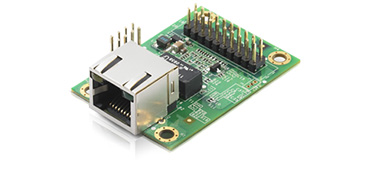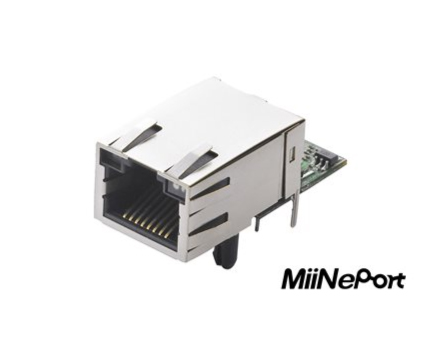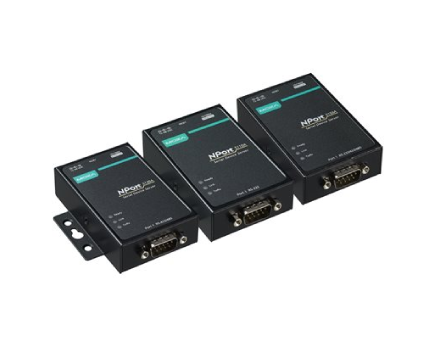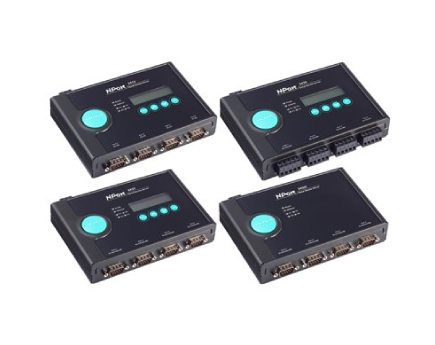Description
Introduction
Moxa’s MiiNePort E1 embedded device servers are designed for manufacturers who want to add sophisticated network connectivity to their serial devices with minimal integration effort. The MiiNePort E1 is empowered by the MiiNe, Moxa’s second-generation SoC, which supports 10/100 Mbps Ethernet, serial baudrates up to 921.6 kbps, a versatile selection of ready-to-use operation modes, and requires only a small amount of power. By using Moxa’s innovative NetEZ technology, the MiiNePort E1 can be used to convert any device with a standard serial interface to an Ethernet enabled device in no time. In addition, the MiiNePort E1 is the size of an RJ45 connector, making it easy to fit into virtually any existing serial device.
Moxa’s Second-generation SoC
The MiiNe was created to provide manufacturers with a competitive embedded serial-to-Ethernet solution. The MiiNePort E1, which uses the MiiNe for its SoC, is one of the world’s tiniest embedded device servers and has the lowest power consumption of any similar product. The MiiNe has the following features:
- Designed for 1 or 2-port serial-to-Ethernet applications
- Uses a 32-bit Arm 7 core
- Uses Moxa’s own advanced UART technology
- 2 MB Flash and 4 MB SDRAM memory built in
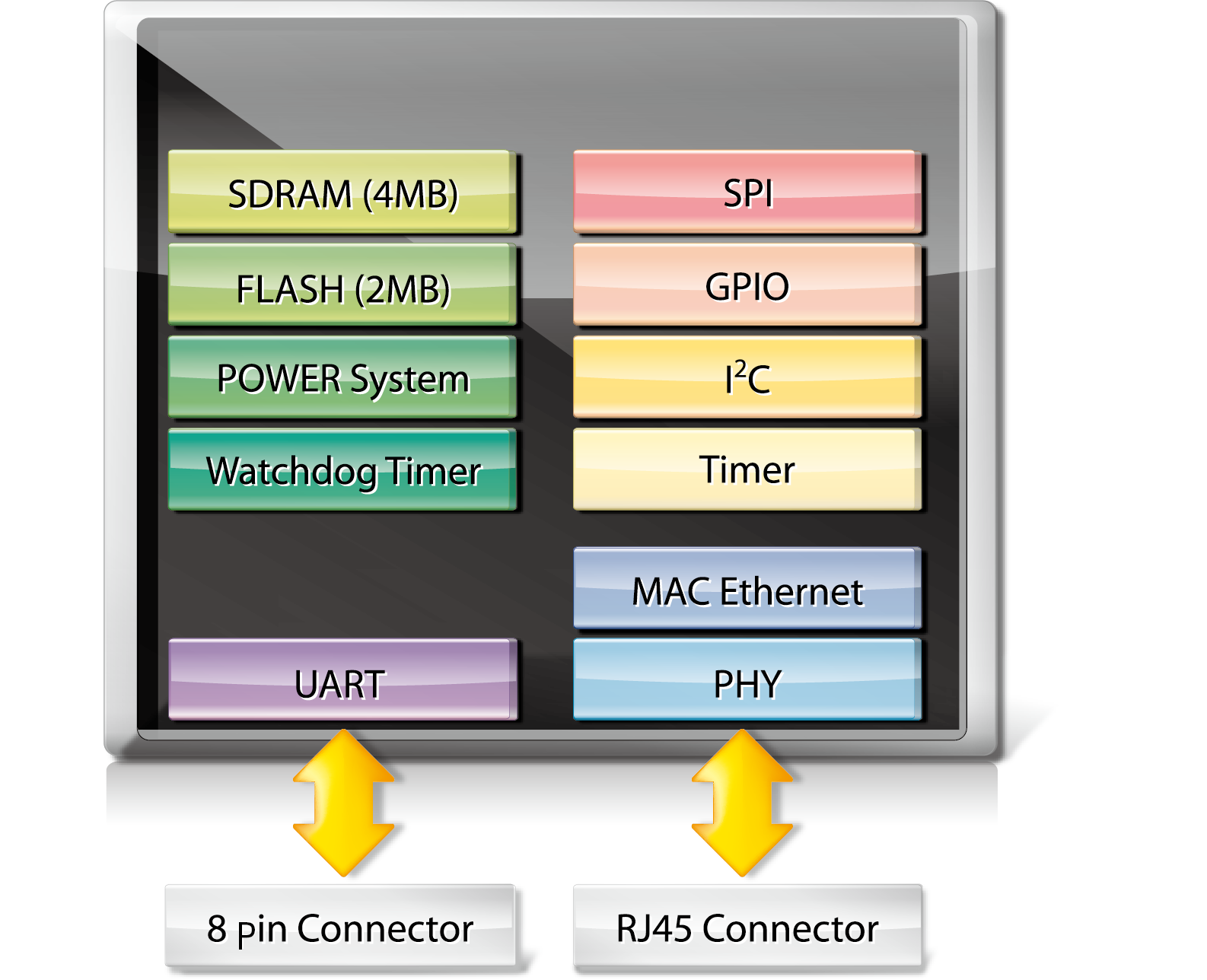
NetEZ Technology
Moxa’s NetEZ technology makes the MiiNePort E1 one of the most user-friendly embedded device servers by promising ease-of-use with minimal integration work required. Moxa’s NetEZ technology gives serial device manufacturers a range of powerful tools for integrating Ethernet capability into serial devices. These tools include EXTrigger, MCSC (multi-channel serial communications), Serial Communication Mode (SCM), and AutoCFG. With EXTrigger, resetting and restarting the device can be done in an instant by simply pressing the EXTrigger button, making troubleshooting much easier. There is no need to open the device’s casing or interrupt operations. MCSC provides dual connections and dual channels for multitask applications, which enable the device to be a server and client at the same time. The MiiNePort’s user-friendly SCM allows users to configure the network through serial communications inside the serial device. This function provides another option for on-site troubleshooting without an Internet connection. AutoCFG enables auto-configuration with mass configuration software in order to place default settings on multiple modules simultaneously. This technology not only accelerates time-to-market but also prevents manual errors.



